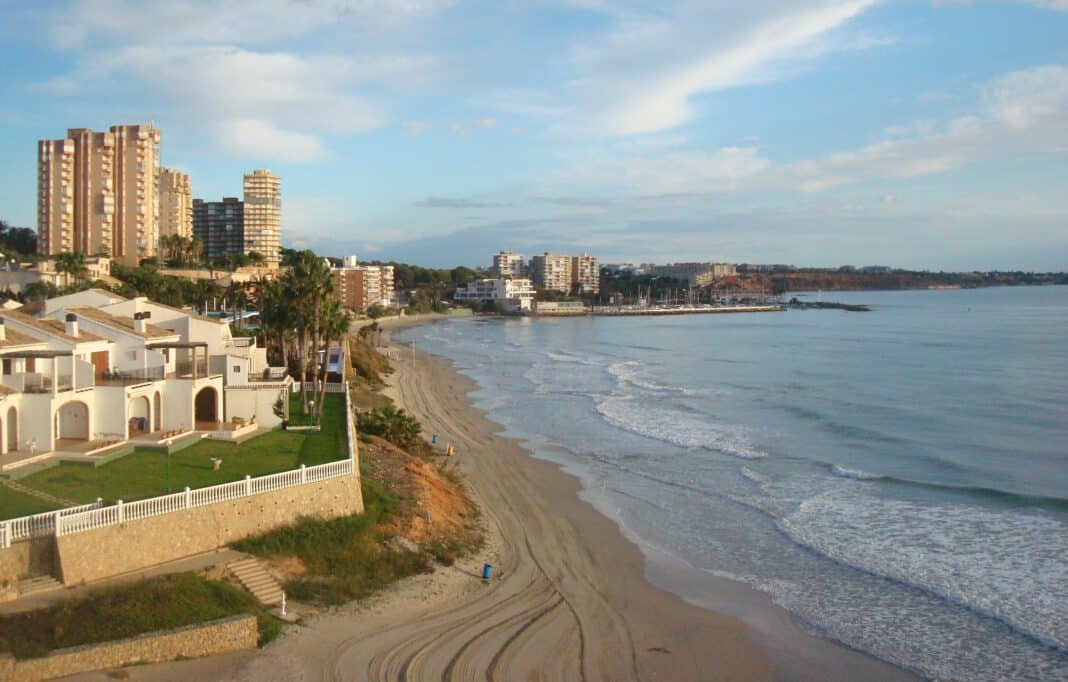- The councillor for Urban Planning said that the municipality has 5,760 properties registered for holiday rentals, a figure that he expects to rise to 7,000.
The proliferation of tourist accommodation is an issue that is increasingly worrying the resident population, especially those in large cities. Residents of entire neighbourhoods in places like Barcelona are being forced to move to more peripheral areas in order to escape from the tourist masses.
This problem, although it does not affect the city of Orihuela itself, is beginning to have a significant presence on the coast. According to data offered last Thursday by the Councillor for Urban Planning, Matías Ruiz, the municipality has 5,760 tourist homes registered on the Generalitat Valenciana portal, a number to which, if all the applications that are still waiting to be processed are added, will soon take the figure close to 7,000 homes.
This will mean that one in four second homes in use will be classified as tourist housing.
The councillor, who supported the PP vote in a motion submitted to the plenary session on Thursday by Cambiemos, described the data as “positive”. He also pointed out that neither the Urban Planning Department nor the Local Police currently have any complaints or problems of coexistence derived from the existence of this type of housing.
The Cambiemos motion urged the Department of Urban Planning to join the Ministry of Social Rights, Consumption and Agenda 2030, and the Spanish Federation of Municipalities and Provinces, to investigate illegal tourist rental housing; a phenomenon that, they attribute, “favours rental prices to rise exponentially with respect to other places in Spain, resulting in people with housing needs, or young people, not being able to access renting or buying a home,” according to their spokesperson for the municipalist party, Leticia Pertegal.
“According to data from the National Statistics Institute, updated at the beginning of this year, the province of Alicante is the one with the most tourist residences in the country, with a total of 38,007,” said the councilor.
Matías Ruiz, representing the PP, positioned his political group’s vote to abstain and indicated to Pertegal that “in the area of Urban Planning we are not entirely competent to oversee, review and investigate this issue and, furthermore, we do not have the resources at this time.”
The PSOE expressed its full support for the motion and insisted that its intention is to “regulate” the houses that remain in an irregular situation and in no case, they said, to “restrict”.
Vox and Cs, for their part, joined the abstention of the Partido Popular. In the case of Ciudadanos, because they understood that positioning themselves in favour could send a message of rejection by the City Council towards tourists.
Vox, likewise, called for finding a “balance” between the dynamisation of tourism and neighbourly coexistence. All this resulted in the approval of the motion with the favourable votes of PSOE and Cambiemos and the abstention of PP, Vox and Cs.





